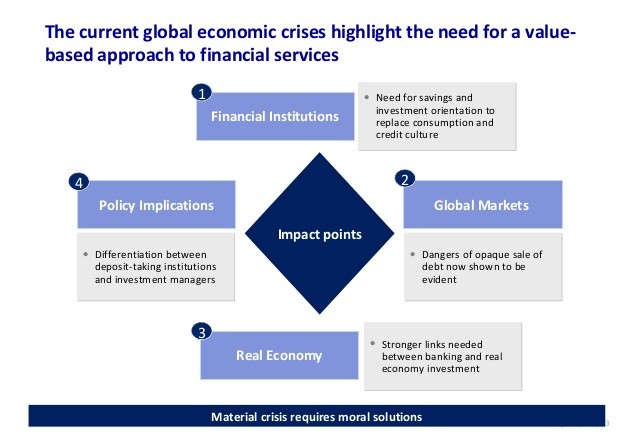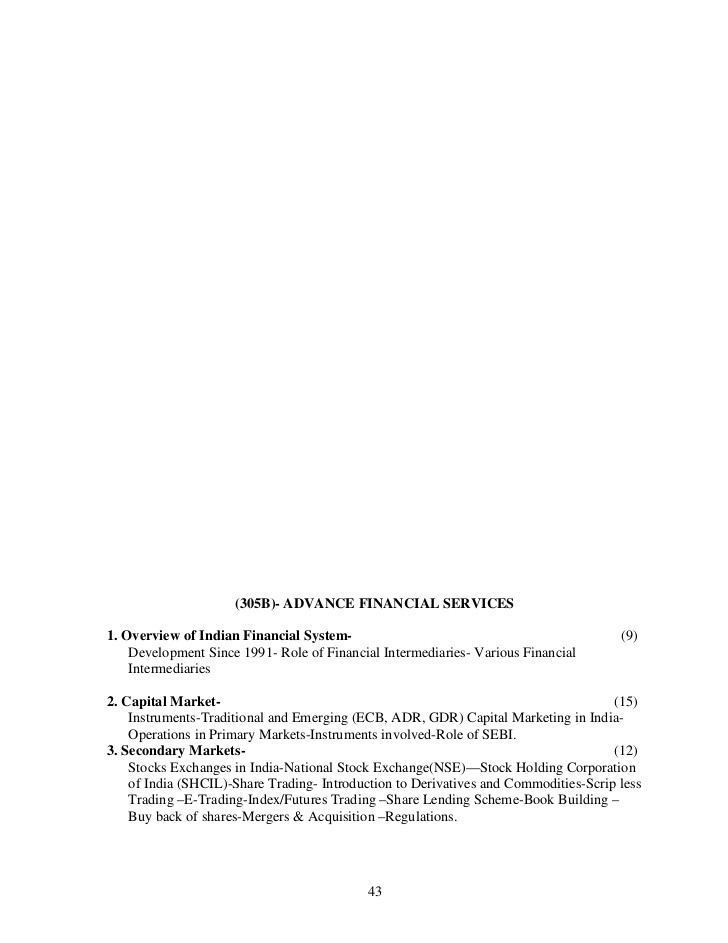The Globalization Of Financial Services_1
Post on: 16 Март, 2015 No Comment

Globalization, or the increased interconnectedness and interdependance of peoples and countries, is generally understood to include two interrelated elements: the opening of borders to increasingly fast flows of goods, services, finance, people and ideas across international borders; and the changes in institutional and policy regimes at the international and national levels that facilitate or promote such flows. It is recognized that globalization has both positive and negative impacts on development.
Globalization, although not a new phenomenon, has increased rapidly in recent years. It has been driven by technological advances and the reduced cost of making transactions (exchanges) across borders and distances, as well as the increased mobility of capital. These forces mean that globalization not only consists of economic activity, but also extends to political, cultural, environmental and security issues, and relates to the increasing interconnectivity of countries and communities.
Economic globalization is generally associated with neo-liberal policies. Such policies include reductions in tariffs, the reduction or elimination of restrictions on foreign investment, and the inclusion of services such as banking and insurance in trade regimes.
While precise definitions of globalization differ, it is generally used to describe a process of growing interdependence that represents a fundamental change from a world of individual and independent states to a world of state interdependence. As a result national boundaries, but also economic and cultural boundaries, are becoming less important. Interdependence refers to the relationship between different actors (states, societies) that are connected in such a way that if something happens to one, all will be affected. This term is also used to describe the interrelationship between economic and noneconomic variables, or when one nation’s welfare depends on another’s or a group of others, or vice versa. Interdependence is often used synonymously with globalization, but they are different.
Globalization has resulted in massive:
- Economic change: trade liberalization, deregulation, expansion of the global market place
- Political change, redistribution of power from states to interstate bodies and the growth of global civil society
- Social and cultural change
- Technological change, including improved global telecommunications and transport links.

These changes are sometimes described in terms of:
- Spatial components, such as international trade, global levels of political representation, global communication and impacts of increased cultural exchange.
- Temporal components, such as the increased speed of transactions, travel, political change, resource depletion and social mobilization.
- Cognitive components, such as the spread of neo-liberal economics, democratic principles and support for human rights.
The increases in economic cross-border flows that have resulted in more open economies are a result, in part, of World Trade Organization, International Monetary Fund and World Bank policies. All this change is supported by a new international architecture — from the United Nations and international organizations, such as WHO, to economic blocs such as the European Union, the Organization of Petroleum Exporting Countries and the North American Free Trade Agreement. For some critics, this architecture supports and facilitates the benefits of globalization, but fails to limit its worst excesses as it drives forward a neo-liberal agenda that works to benefit the richer, more powerful nations.
A more positive view of globalization is that it has the potential to boost productivity and living standards everywhere because a globally integrated economy can lead to a better division of labour and the right conditions for companies to exploit greater economies of scale. It is also claimed that, with globalization, capital can be shifted to whatever country offers the most productive investment opportunities, creating economic growth.
Others take a gloomier view. They predict that increased competition from low-wage countries will destroy jobs in richer nations and there will be a race to the bottom as countries reduce wages, taxes, welfare and environmental controls so as to be more competitive, at enormous social cost. Pressure to compete will erode the ability of governments to set their own economic policies and the move towards deregulation will reduce their power to protect and promote the interests of their people. Other concerns include:
- Globalization may undermine national sovereignty and the ability of states to determine their own affairs, particularly in economic terms.
- Access to benefits of globalization may be uneven, particularly for low-income countries that may be marginalized. Who gains and who loses from globalization is a pivotal question: some countries have gained from export-led growth but many, particularly in Africa, have not.
- The increased risk of financial market instability.
The term globalization also includes change through the spread of ideas, information and perceptions which lead to cultural and social changes. These may influence risk behaviours.
Internationalization is the process of extending national activities across borders. Typically, it is used to describe the expansion of economic activities from one country to another. For example, a company that manufactures cars in one country goes through a process of internationalization (or, becomes an international company) when it opens a factory in another country. Internationalization differs from globalization in that globalization includes non-economic factors.
Social justice advocates argue that globalization has provided an opportunity to focus global attention on previously-neglected issues (such as corruption and lack of transparency in certain countries) and on issues arising from globalization itself, such as the accountability of international organizations and the costs and benefits of globalization to the world’s poorest people.














